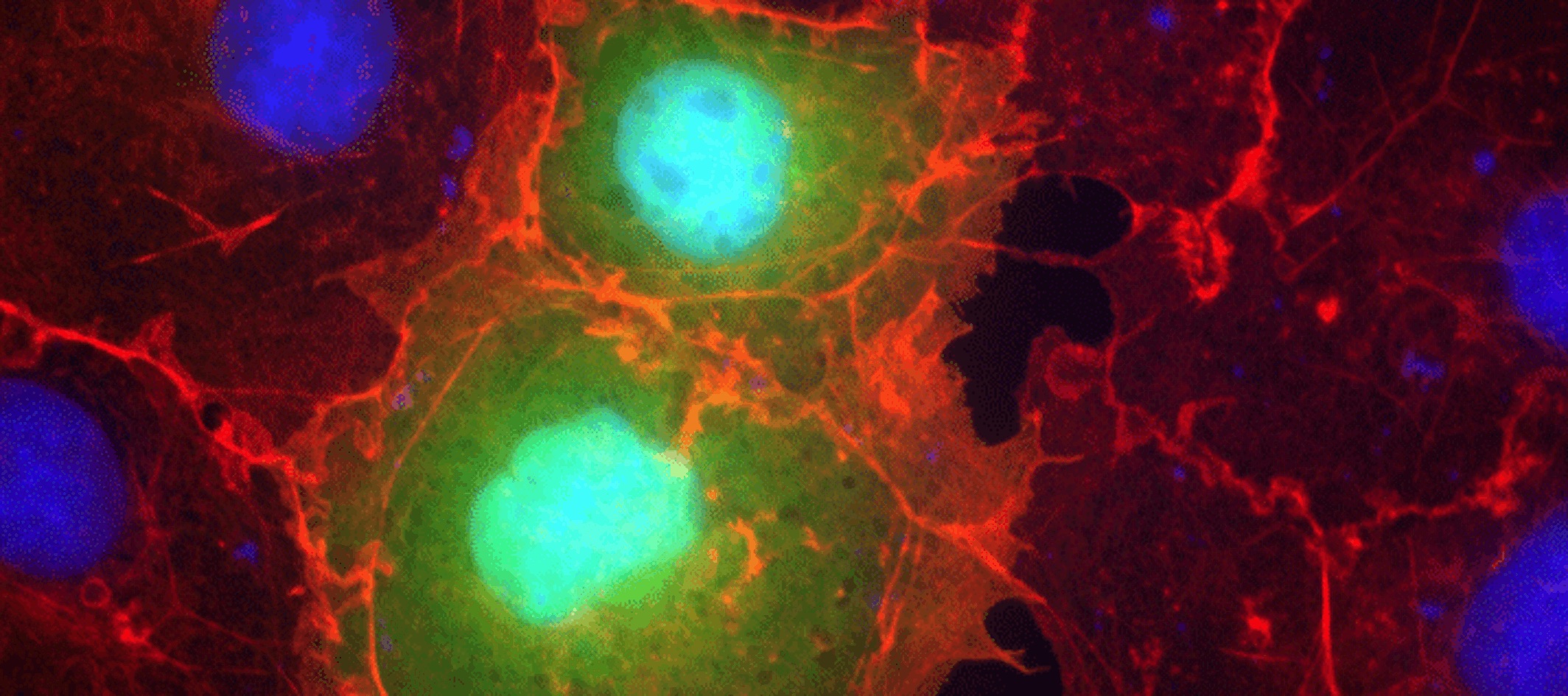The Department of Microbiology and Immunology at Emory is a dynamic research department of the Emory University School of Medicine. Our state-of-the-art research studies seek to discover fundamental aspects of the microbial world and how our immune systems protect us from bacterial and viral pathogens. We participate in medical school education and are responsible for teaching basic and advanced microbiology, immunology, and virology courses to PhD graduate students. Our faculty is fully committed to training the next generation of scholars, scientists, and physicians. Our faculty belong to four distinct graduate programs and are currently training approximately 30 students and 50 postdoctoral fellows.
Welcome from our Chair
The Department of Microbiology & Immunology (M&I) is a leader in biomedical research aimed at discovering the basic principles of how microorganisms (viruses and bacteria) function and how immune systems fight to keep these organisms at bay. Our faculty and research teams have strong expertise in exploring the mechanisms of viral pathogenesis for simian and human immunodeficiency viruses, herpesviruses, and influenza. We explore the ways in which sexually transmitted and other bacteria escape antibiotic treatment, how bacteria mobilize and colonize surfaces within the host, and how bacteria develop and differentiate as mechanisms for their survival. Using these and other systems, we also examine how immune systems can successfully protect hosts from infection and develop long-term memory that is useful for vaccine and therapeutic design to treat infection, cancer, and autoimmune diseases.
Department News and Announcements

In Memoriam
With great sorrow we announce the passing of John K. Spitznagel, MD, on January 14th 2026, at the age of 102, in Chapel Hill, North Carolina. Dr. Spitznagel-- “Spitz” to his colleagues—was Professor and Chair of the Department of Microbiology and Immunology from 1979 to 1992, and School of Medicine Associate Dean of Research from 1995 to 1998. As Department Chair during SOM’s period of significant expansion, he led the recruitment of outstanding faculty, more than doubling the number of faculty. Dr. Spitznagel emphasized the academic and research development of the faculty, students and postdoctoral fellows of the department while continuing his own active NIH funded research program in antimicrobial host defense.
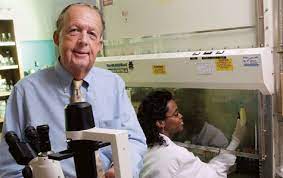
In Memoriam
With deep sadness, we share that Dr. Richard (Dick) W. Compans passed away on November 25th. He is survived by his beloved wife, Marian. Dr. Compans was a cherished colleague, mentor, and friend whose impact on the field of virology and on all who worked with him will be felt for generations. Dick was the Microbiology and Immunology department Chair from 1992 until 2007, when he stepped down to lead the department’s first influenza center grant and program.

Welcome Dr. Boyoung Shin

Dr. Christopher Neufeldt Recognized for SOM Researcher Appreciation Day
Dr. Chris Neufeldt investigates how positive-strand RNA viruses, including Zika and coronaviruses, manipulate cellular membranes to support replication and evade immune detection. His research combines advanced microscopy, genetic screening, and molecular biology to uncover how protein trafficking and ER remodeling facilitate viral survival. These insights are driving the identification of novel antiviral targets.

Faculty Promotions
Congratulations to our Microbiology and Immunology faculty promotions effective September 2025:
Cheryl L. Day, PhD, Professor
Jake Kohlmeier, PhD, Professor
Shonna McBride, PhD, Professor
Chaoran Li, PhD, Associate Professor

Rather Lab
Dr. Seema Lakdawala Discusses Bird Flu on Mayim Bialik's podcast, “Breakdown”
Seema Lakdawala, PhD, was interviewed by Mayim Bialik on her podcast, “Breakdown,” discussing the H5N1 virus is and how it spreads, if the bird flu will become a pandemic, the difference between avian influenza and the seasonal flu, the bird flu symptoms in humans, how bird flu is affecting chickens, ducks and cows, how infections in wild birds are causing the spread of the virus, and how you can best protect yourself from infection.
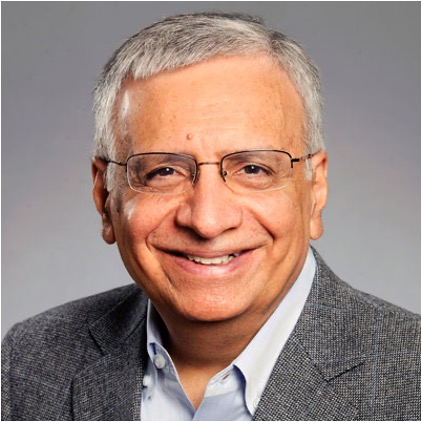
Rafi Ahmed Named AACR Fellow
Rafi Ahmed, PhD, Charles Howard Candler Professor of Microbiology and Immunology, was named a 2025 Fellow of the American Association for Cancer Research (AACR) Academy, one of the highest honors in cancer research.
The mission of the Fellows of the AACR Academy is to recognize and honor extraordinary scientists whose ground breaking contributions have driven significant innovation and progress against cancer. Fellows of the AACR Academy constitute a global brain trust of leading experts in cancer science and medicine, working to advance the AACR’s mission.
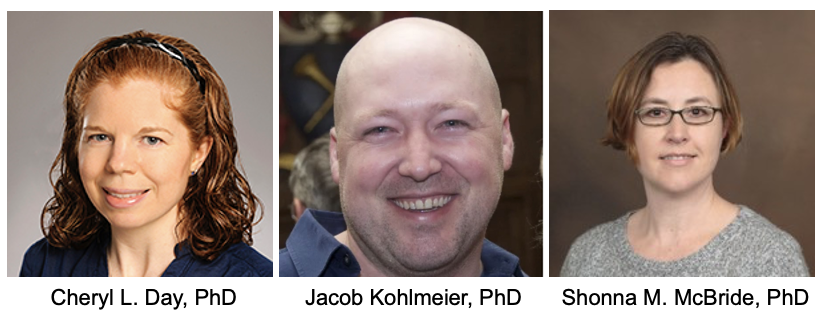
Faculty Promotions 2025
Shonna McBride, Jake Kohlmeier, and Cheryl Day are being promoted to Professors of Microbiology and Immunology with Tenure, effective September 1, 2025.
Congratulations, everyone!
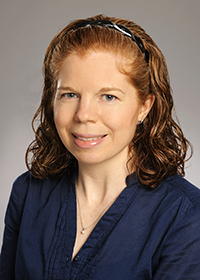
Day Lab
Cheryl Day, PhD, was elected as a member of the ACTG Executive Committee and elected as an immunologist on the ACTG Tuberculosis Transformative Science Group.


